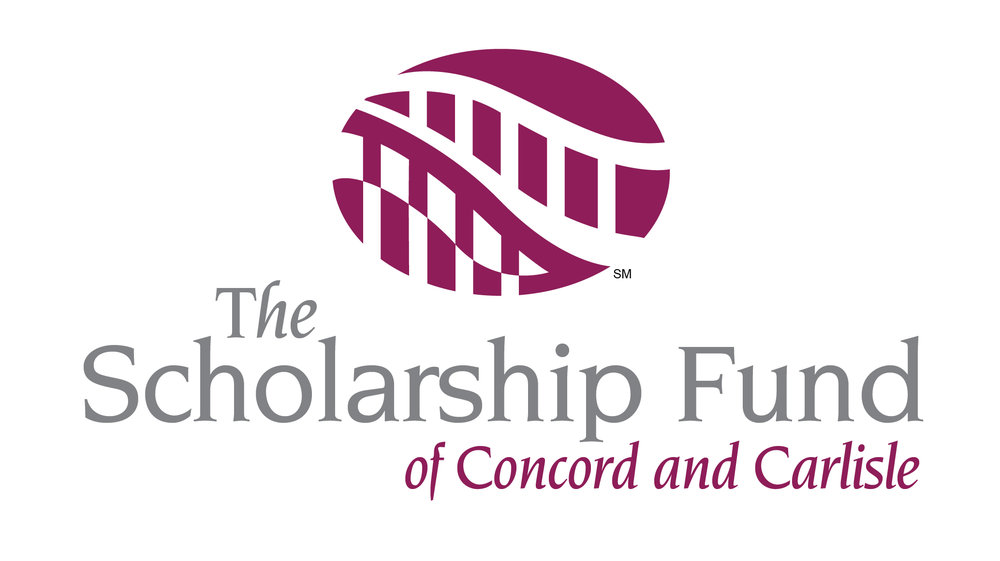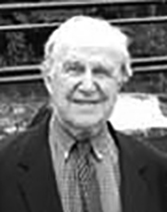THE NORTON A. LEVY
MEMORIAL SCHOLARSHIP FUND
Norton Allan Levy completed his Bachelor’s degree at the University of Chicago in 1948. He then attended the Harvard School of Education, receiving a Master’s degree in Teaching in 1950. Norton's first teaching job was at Sumner High School in Holbrook, MA, commencing an extraordinarily deep and influential engagement in mathematics education that continued for more than 50 years. Following short stints at Sumner and Acton-Boxborough High Schools, he began teaching at Concord-Carlisle High School (CCHS) in 1954 where he taught until his retirement in 1989, interrupted by a two-year stay as the head of the math department at Brookline High School. While at CCHS, Norton became involved with teachers at other local schools, such as Lexington and Lincoln-Sudbury, in organizing math competitions for talented students. This soon led to the formation of a seven-member math league. Norton was a central, indefatigable figure in promoting competitions at the local, regional, national, and international levels.
Pedagogically, Norton always sought ways to improve math education by individualizing - by finding a way to awaken each student's interest in the subject. One way was to assign long-term math projects on a topic chosen by the student. This could be a paper on a prominent mathematician or important breakthrough in math, or an attempt to create some original mathematics. Norton's students often remember these projects more vividly than any other aspect of their high school study of mathematics.
Throughout his career, Norton was a restless and persistent champion of quality mathematics education. His efforts and interest took him to the presidency of the Mathematics Teachers Association of Massachusetts; he wrote articles for the Mathematics Teacher, the foremost professional journal for secondary math teachers; he received a Ford Foundation grant that supported his work in bringing students into the community to see how math was used on the job; he taught a course in India to familiarize teachers there with the SMSG math curriculum; and he taught various courses at local schools and universities, including a summer program at Milton Academy to help talented high school students make the most of their gifts.
Distinguished as these accomplishments are, they are not the reason Norton was a great teacher. Norton loved math - loved doing math - and he had the knack for getting his students to consider the possibility that they love math, too. An astonishing number of them do.

